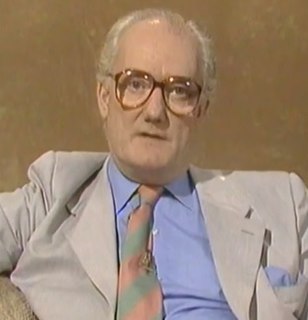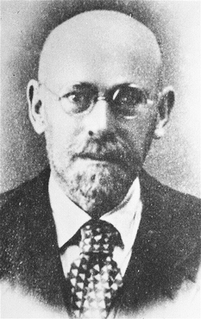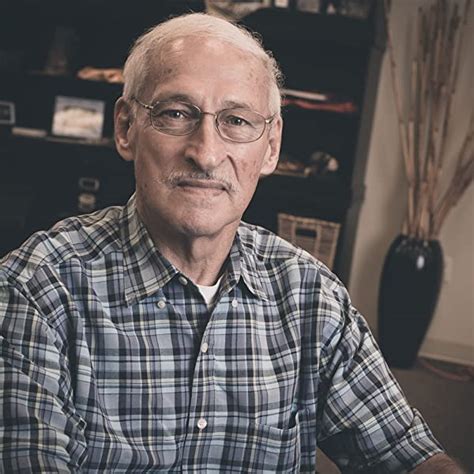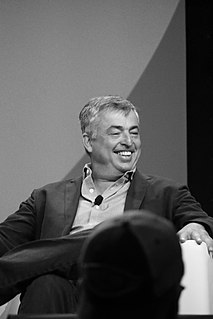A Quote by Gordon B. Hinckley
Related Quotes
To take, for example, my own death: what I consider most likely to be true is that death will be the complete and utter end of my existence, with no successor existence of any kind that can be related to me as I now am. And if that is not the case, the next most likely scenario, it seems to me, is something along the lines indicated by Schopenhauer. But neither of these is what I most want. What I want to be true is that I have an individual, innermost self, a soul, which is the real me and which survives my death. That too could be true. But alas, I do not believe it.
Man feels and ponders death as though it were the end, when in fact death is merely the continuation of life. It is another life. You may not believe in the existence of the soul, yet you must acknowledge that your body will live on as green grass, as a cloud. For you are, after all, water and dust.
Sören Kierkegaard has another answer: human existence is possible as existence not in despair, as existence not in tragedy; it is possible as existence in faith... Faith is the belief that in God the impossible is possible, that in Him time and eternity are one, that both life and death are meaningful.
If Nature denies eternity to beings, it follows that their destruction is one of her laws. Now, once we observe that destruction is so useful to her that she absolutely cannot dispense with it from this moment onward the idea of annihilation which we attach to death ceases to be real what we call the end of the living animal is no longer a true finish, but a simple transformation, a transmutation of matter. According to these irrefutable principles, death is hence no more than a change of form, an imperceptible passage from one existence into another.
Each thing that exists remains forever, and that very existence of existence is proof of its eternity. But without that realization, which is the knowledge of perfect being, man would never know whether there was existence or non-existence. If eternal existence is altered, then it must become more beautiful; and if it disappears, it must return with more sublime image; and if it sleeps, it must dream of a better awakening, for it is ever greater upon its rebirth.
As a Buddhist, I view death as a normal process, a reality that I accept will occur as long as I remain in this earthly existence. Knowing that I cannot escape it, I see no point in worrying about it. I tend to think of death as being like changing your clothes when they are old and worn out, rather than as some final end. Yet death is unpredictable: We do not know when or how it will take place. So it is only sensible to take certain precautions before it actually happens.





































